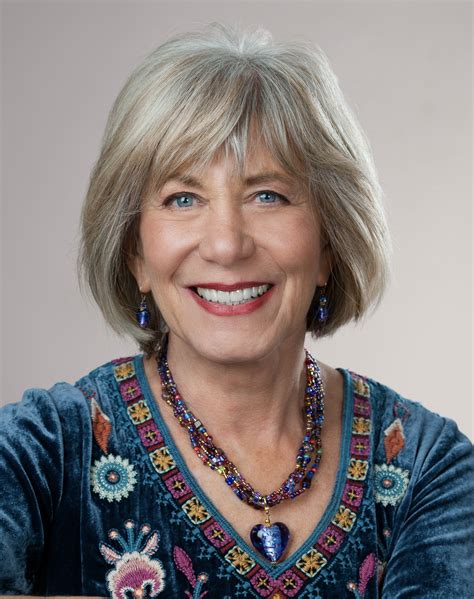A Quote by Jack Kornfield
To live life is to make a succession of errors. Understanding this can bring us great ease and forgiveness for ourselves and others.
Quote Topics
Related Quotes
Finding a way to extend forgiveness to ourselves is one of our most essential tasks. Just as others have been caught in suffering, so have we. If we look honestly at our life, we can see the sorrows and pain that have led to our own wrongdoing. In this we can finally extend forgiveness to ourselves; we can hold the pain we have caused in compassion. Without such mercy, we will live our own life in exile.
If we know anything about a path at all, it's only because of the Great ones that have gone before us. Out of their love and kindness, they have left some footprints for us to follow. So, in the same way that they wish for us, we wish that all beings everywhere, including ourselves, be safe, be happy, have good health, and enough to eat. And may we all live at ease of heart with whatever comes to us in life.
Forgiveness entails the authentic acceptance of our own worthiness as human beings, the understanding that mistakes are opportunities for growth, awareness and the cultivation of compassion, and the realization that the extension of love to ourselves and others is the glue that holds the universe together. Forgiveness...is not a set of behaviors, but an attitude.
The body stores the trauma of our lives in muscular rigidity, thereby keeping us stuck in the past. When we release the tension in the body and align ourselves with gravity, we take a new stand in life. This allows us to be at ease with ourselves and in harmony in our relationship to others and to our planet.
We do not have to make ourselves suffer in order to merit forgiveness. We simply receive the forgiveness earned by Christ. 1 John 1:9 says that God forgives us because He is ‘just.’ That is a remarkable statement. It would be unjust of God to ever deny us forgiveness, because Jesus earned our acceptance! In religion we earn our forgiveness with our repentance, but in the gospel we just receive it.
Many of us understand giving, but some of us may still be confused about the meaning of forgiveness. Some people may go through life in a groveling mode, mistakenly believing they have to receive forgiveness from others. Forgiveness offers more than a reprieve granted to us by another person. True forgiveness is a process of giving up the false for the true and allows us to rid our thinking of rigid ideas. We can develop the flexibility to change our mind and our behavior patterns to higher and greater expressions and find new avenues to freedom.
In our concern for others, we worry less about ourselves. When we worry less about ourselves an experience of our own suffering is less intense. What does this tell us? Firstly, because our every action has a universal dimension, a potential impact on others' happiness, ethics are necessary as a means to ensure that we do not harm others. Secondly, it tells us that genuine happiness consists in those spiritual qualities of love, compassion, patience, tolerance and forgiveness and so on. For it is these which provide both for our happiness and others' happiness.
Our Christian destiny is, in fact, a great one: but we cannot achieve greatness unless we lose all interest in being great. For our own idea of greatness is illusory, and if we pay too much attention to it we will be lured out of the peace and stability of the being God gave us, and seek to live in a myth we have created for ourselves. And when we are truly ourselves we lose most of the futile self-consciousness that keeps us constantly comparing ourselves with others in order to see how big we are.
As the strata of the earth preserve in succession the living creatures of past epochs, so the shelves of libraries preserve in succession the errors of the past and their expositions, which like the former were very lively and made a great commotion in their own age but now stand petrified and stiff in a place where only the literary palaeontologist regards them.




































